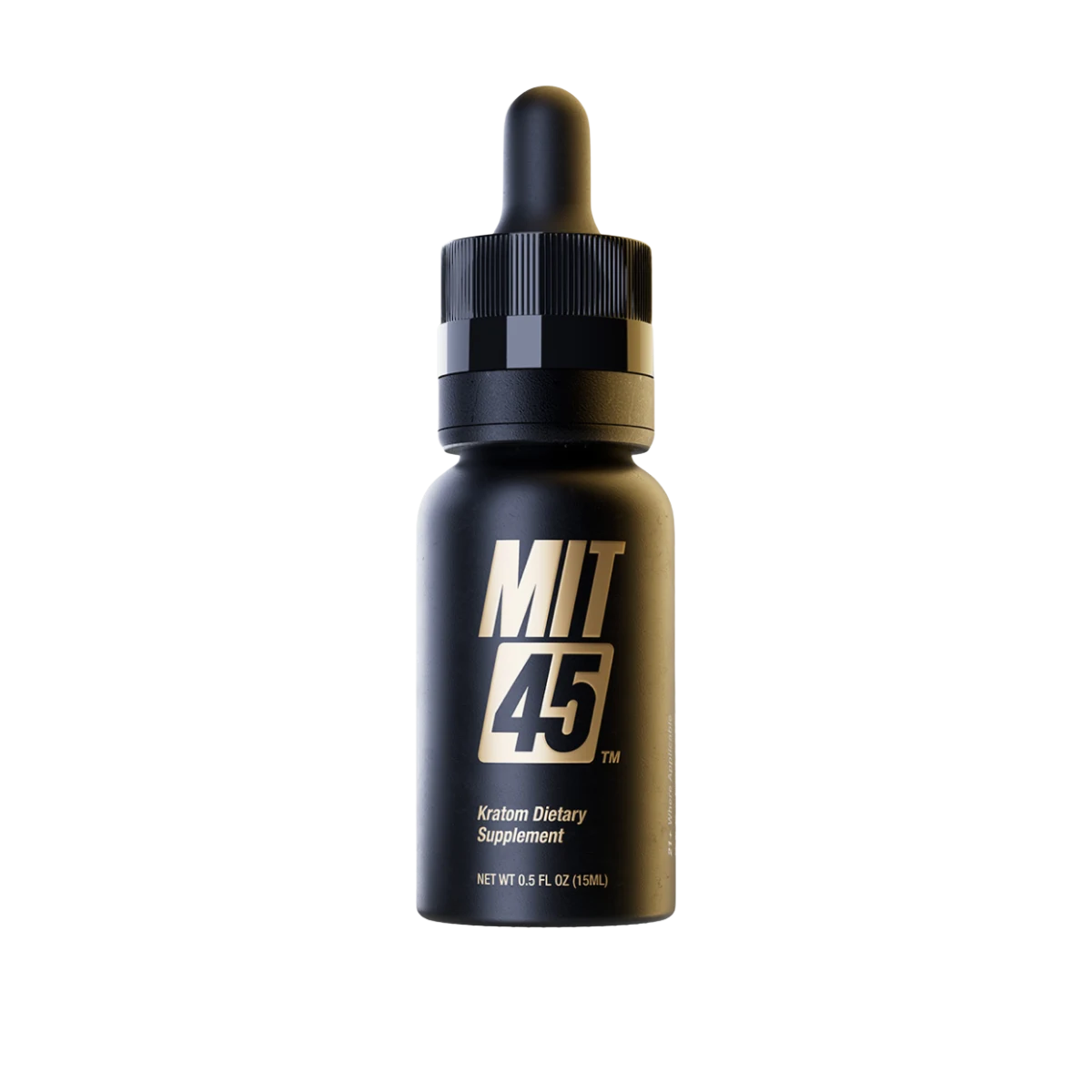The debate around the legal status of kratom, a tropical plant native to Southeast Asia, has been the center of attention in various states across the U.S. At the heart of this discussion is the Kratom Consumer Protection Act (KCPA), pivotal legislation designed to safeguard both the rights of consumers and the integrity of kratom products.
A Brief History: Kratom’s Gray Legal Landscape
In recent years, kratom has been stuck in a legal gray area. Initially, agencies like the DEA and FDA planned to place kratom on the Controlled Substances list. In 2018, the FDA tried to label kratom as an opioid, leading to considerable disputes regarding its potential risks and benefits. Their stance, however, faced significant backlash and intervention from various officials and institutions.
Given the controversy and compelling counterarguments including intervention by significant officials like Jim Carroll, the White House Drug Czar at the time, the process to schedule kratom was halted. The debate pivoted to the plant’s potential benefits, other risk factors, and the best way to classify and regulate kratom in general. It’s a debate that continues to this day with little consensus.
As a result, kratom has been caught up in regulatory purgatory: legal, yet largely unregulated. This position has left consumers, manufacturers, and governmental agencies in a state of uncertainty.
The Kratom Consumer Protection Act: A State-by-State Initiative
Addressing the lack of clear national regulations, many states took the initiative to create their own guidelines surrounding kratom. Enter the Kratom Consumer Protection Act (KCPA). The general guidelines and recommendations for these laws were first developed by the American Kratom Association. While these laws vary slightly from state to state, this legislation generally aims to:
- Set age restrictions for purchasing kratom.
- Prohibit the adulteration of kratom products.
- Mandate proper product registration.
- Establish packaging and labeling standards.
Utah was the first of 11 states to embrace the KCPA, with more on the way. Several states initially resistant to kratom have even retracted their bans, choosing to regulate rather than prohibit kratom. For a comprehensive overview of each state’s stance, visit this American Kratom Association resource page.
Introduction of the Federal Kratom Consumer Protection Act
Introduced in the United States Senate by U.S. Senator Mike Lee and Cory Booker and in the House of Representatives by Congressman Mark Pocan in 2022, the Protect Access to Kratom legislation, now known as the federal KCPA, was brought forth to establish federal protections for kratom consumers.
The proposed legislation is designed to guard against adulterated products and equip consumers with the knowledge to make informed decisions about kratom products. It also advocates for continued research into its potential benefits.
Why Consumers Should Care
- Consistency and Legal Clarity: A federal KCPA law would bring a greater level of consistency to the kratom market. No longer will consumers have to navigate a patchwork of state-by-state regulations – they’ll have a clearer picture of what’s legal and what isn’t.
- Safety and Quality: With the KCPA’s regulations, consumers are less likely to encounter adulterated or subpar kratom. It ensures that every product on the market meets a certain standard, protecting consumers from potential harm.
- Enhanced Public Education: The KCPA fosters an environment where the public can be better informed about kratom, its uses, and its benefits.
- Opportunities for Research: With more consistent regulations, research into kratom’s potential benefits and risks can flourish, leading to a better understanding of this unique plant.
- Manufacturers’ Focus on Product Development: With legal clarity, manufacturers can shift their focus from continuous legal consultations to innovation and enhancing their product offerings, benefiting the consumer in the long run.
A Timeline of Kratom Laws and Regulation in the US
As the federal legislation regarding kratom continues to progress, it’s crucial to keep abreast of the latest developments. Here are some pivotal dates and decisions in the journey of the KCPA:
2016: The DEA announces its intention to classify kratom as a Schedule I substance, putting it alongside drugs like heroin and LSD. This caused significant backlash from kratom supporters.
2018: The FDA classifies kratom as an opioid, a move disputed by many, including researchers who note that kratom has a distinct molecular structure and non-lethal interactions with the brain’s receptors.
2019: The American Kratom Association reports that between 11 to 16 million people in the U.S. regularly use kratom, emphasizing its popularity and the need for clear regulations. The first states pass their version of the KCPA law.
2020-2021: Multiple states introduce or pass their own versions of the KCPA, solidifying a more consistent legal framework at the state level. Early states like Utah, Georgia, and Nevada fully implement their KCPA law, reflecting its growing acceptance.
2022: Kratom legislation is introduced on the federal level for the first time. Initially called the “The Federal Clarity for Kratom Consumers Act,” the bill was sponsored by Sens. Mike Lee (R-UT), Cory Booker (D-NJ), and Rep. Mark Pocan (D-WI).
2023: More states introduce and pass their version of the KCPA. Federal legislators prepare to reintroduce kratom legislation with a renewed push to pass the law in the current legislative session and potentially adopt a nationwide standard.
The Future of Kratom Laws and Regulation
As more states deliberate on the KCPA and the federal government considers its stance, this section will be updated with the latest updates, important dates, and what it means for you, the consumer.
REFERENCES
Adlin, Ben. “Former Trump Drug Czar Says Top Federal Officials Stopped FDA from Scheduling Kratom amid Concern about Agency’s ‘Bias.’” Marijuana Moment. Published August 2023.
AKA Editorial Staff. “Why Should States Enact the KCPA?” American Kratom Association. Published January 2021.
Devlin, Kim. Landmark Bipartisan Bill Regulating Kratom in the United States Introduced in Congress. American Kratom Association. Published December 2022.
Adlin, Ben. “Federal Lawmakers Are Preparing To Reintroduce Legislation To Regulate Kratom Amid Pushback To FDA-Proposed Ban.” Marijuana Moment. Published August 2023.



